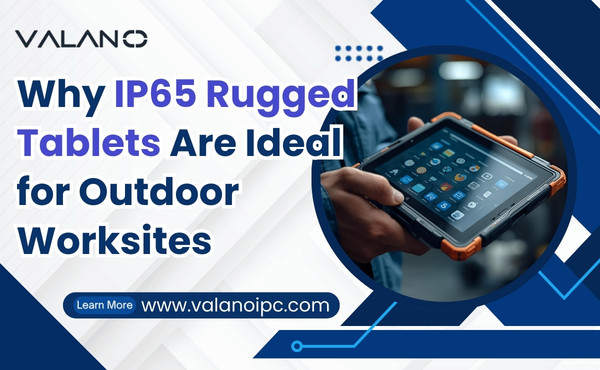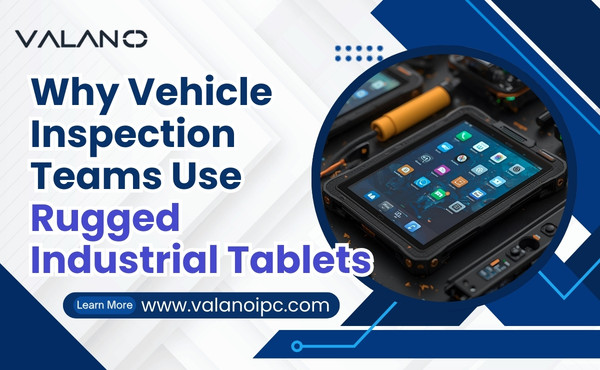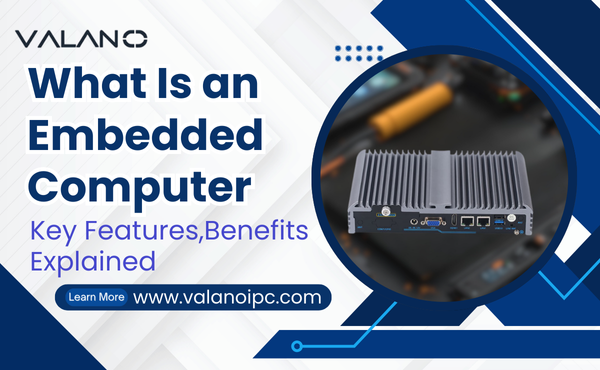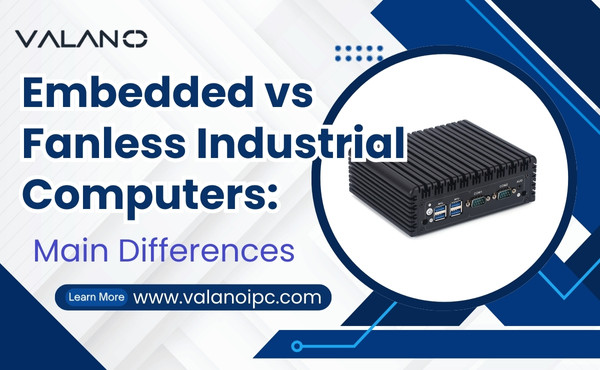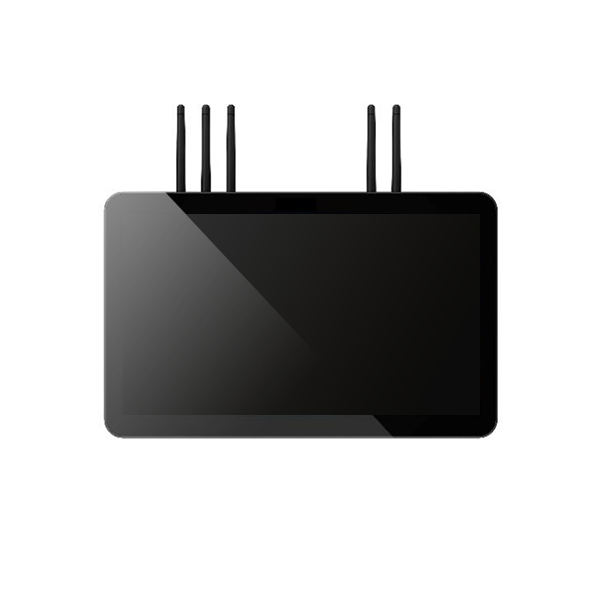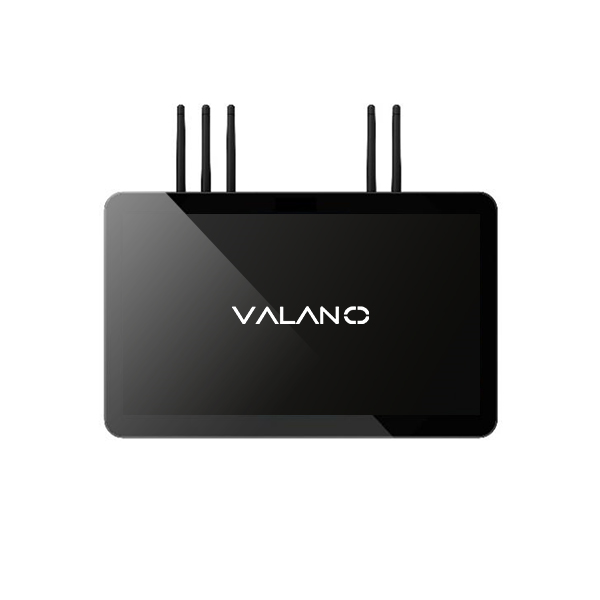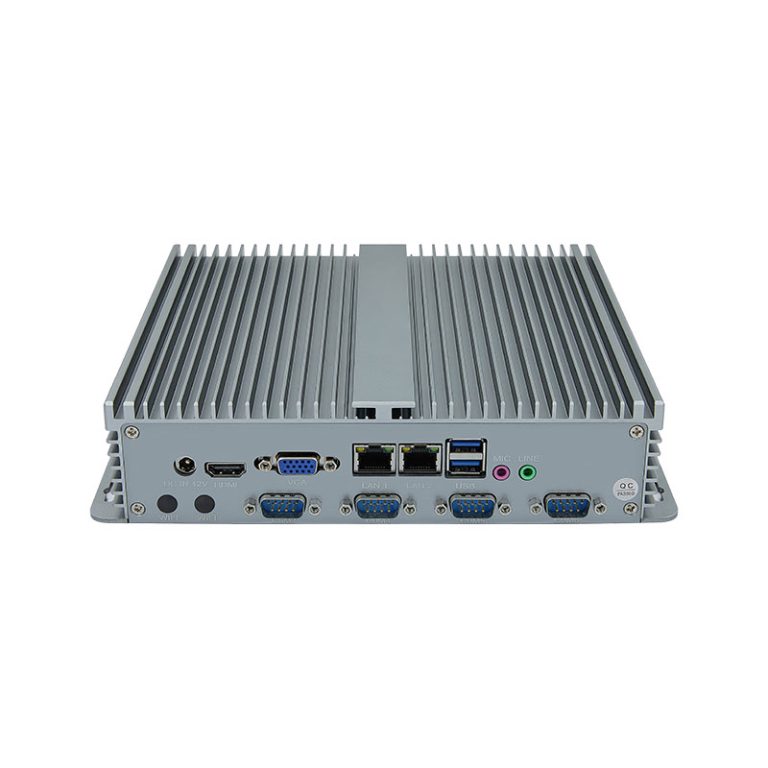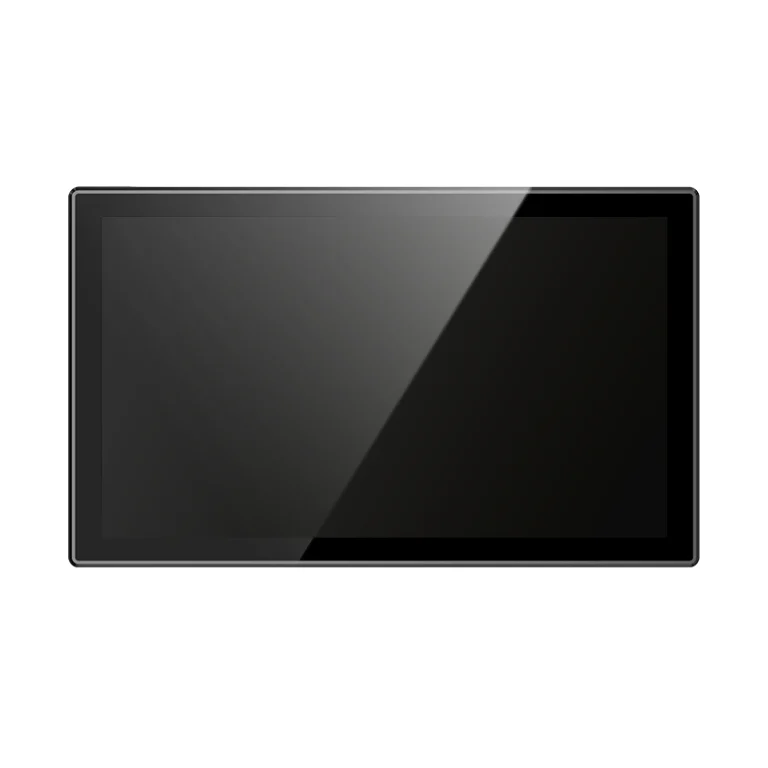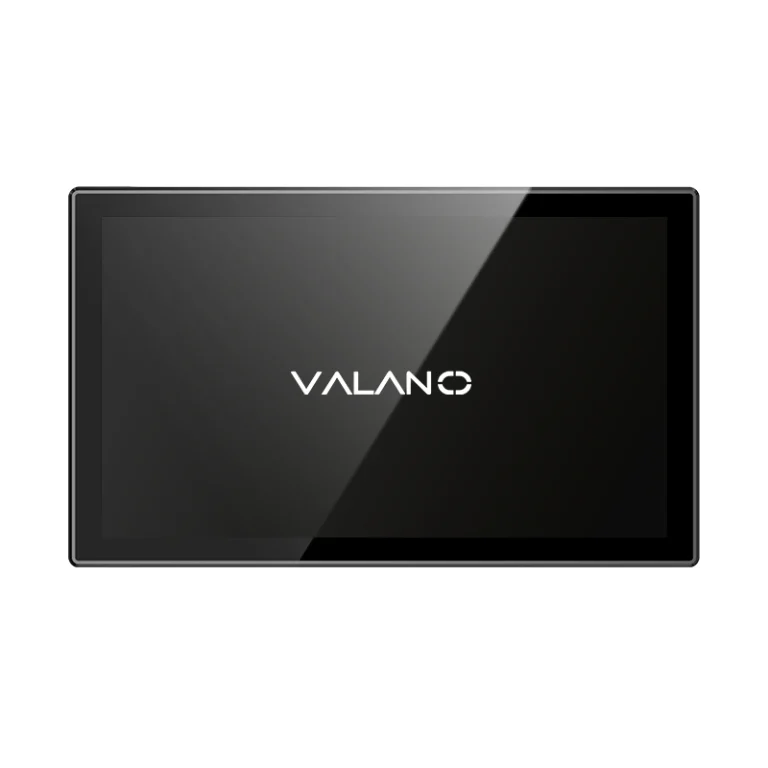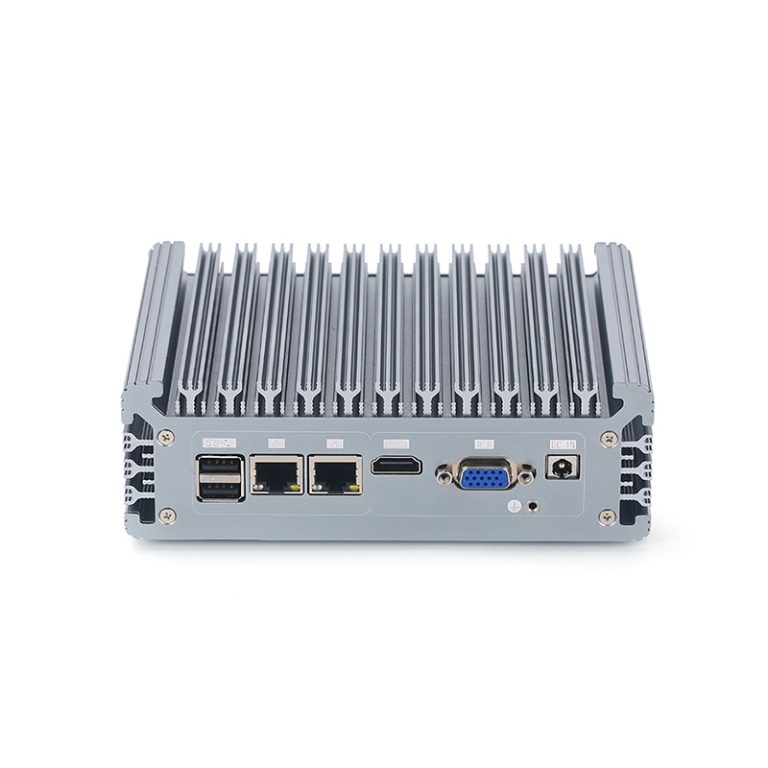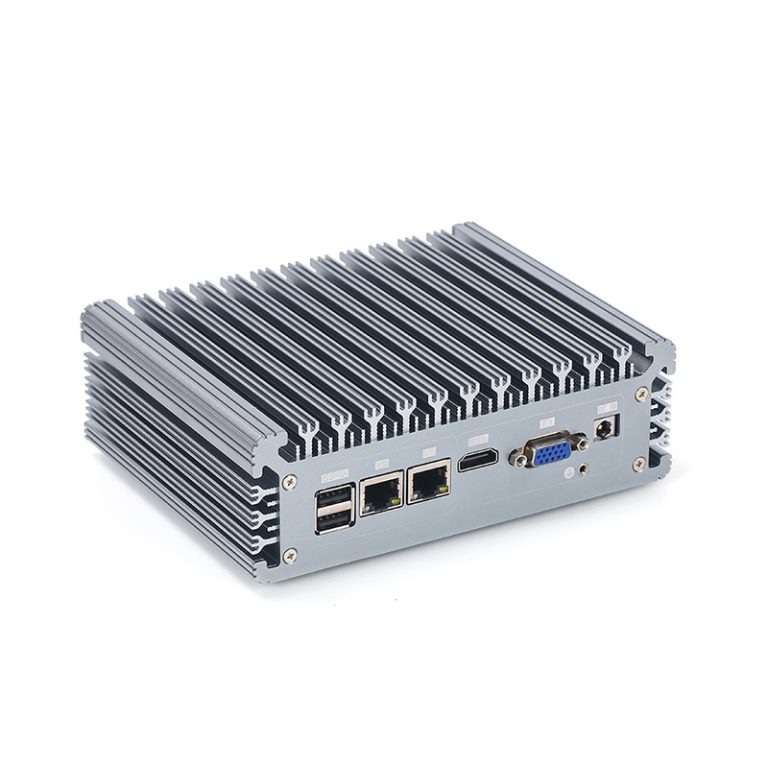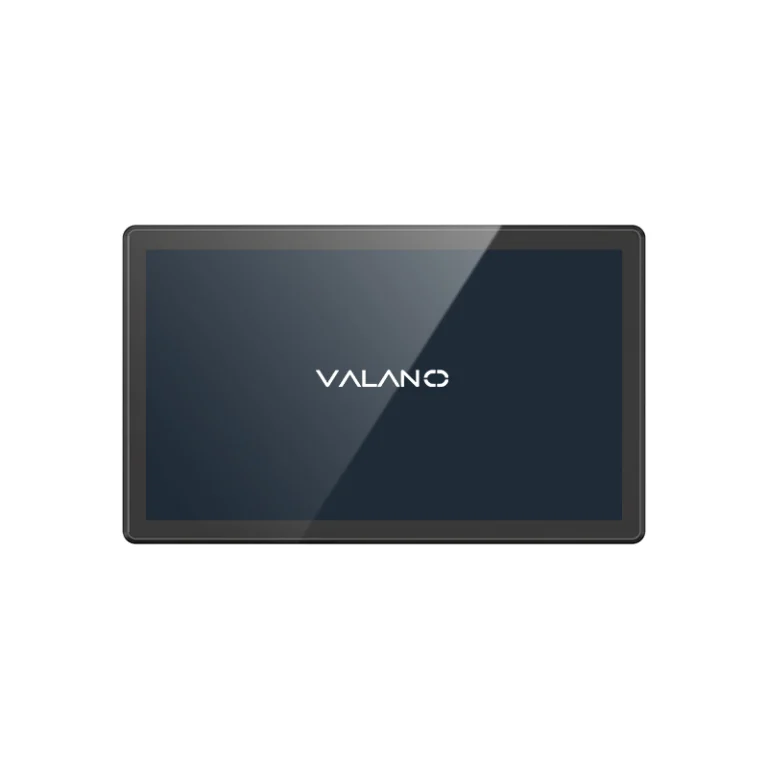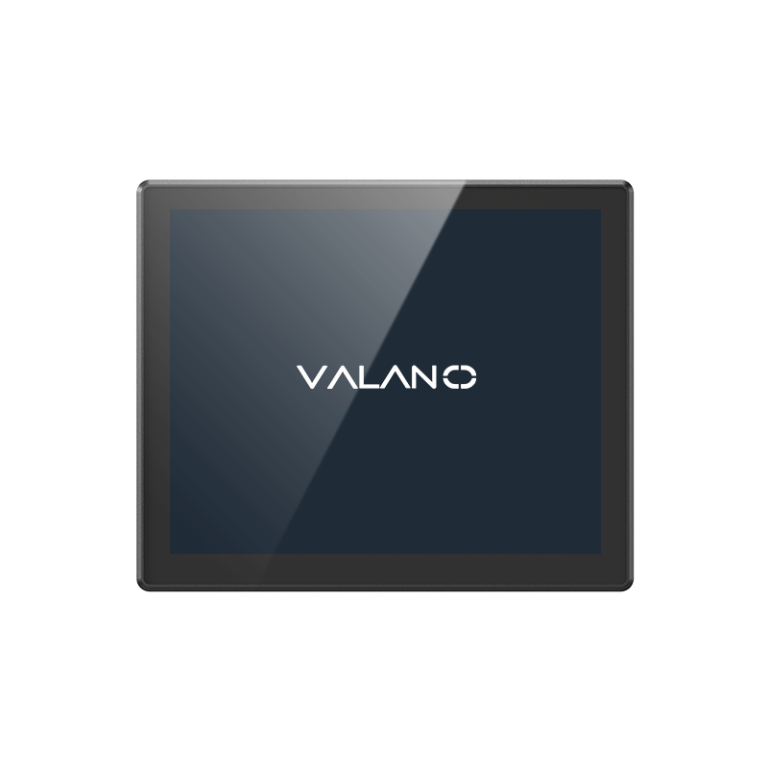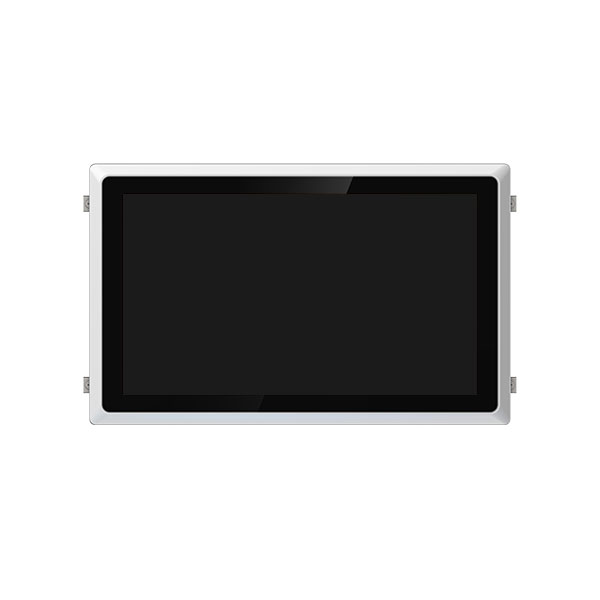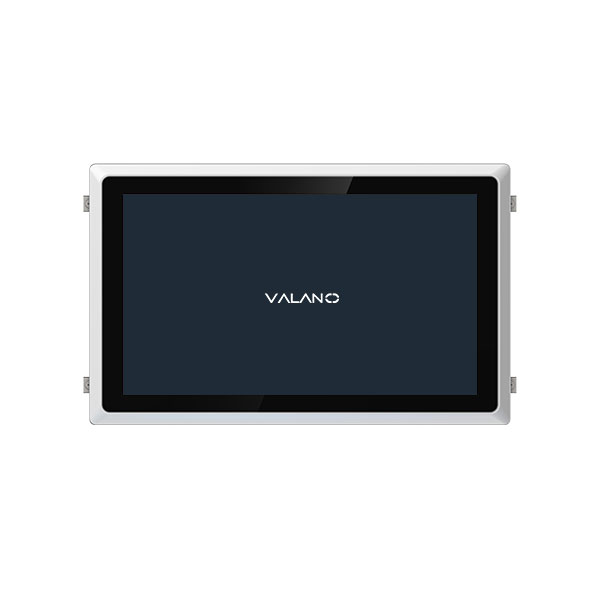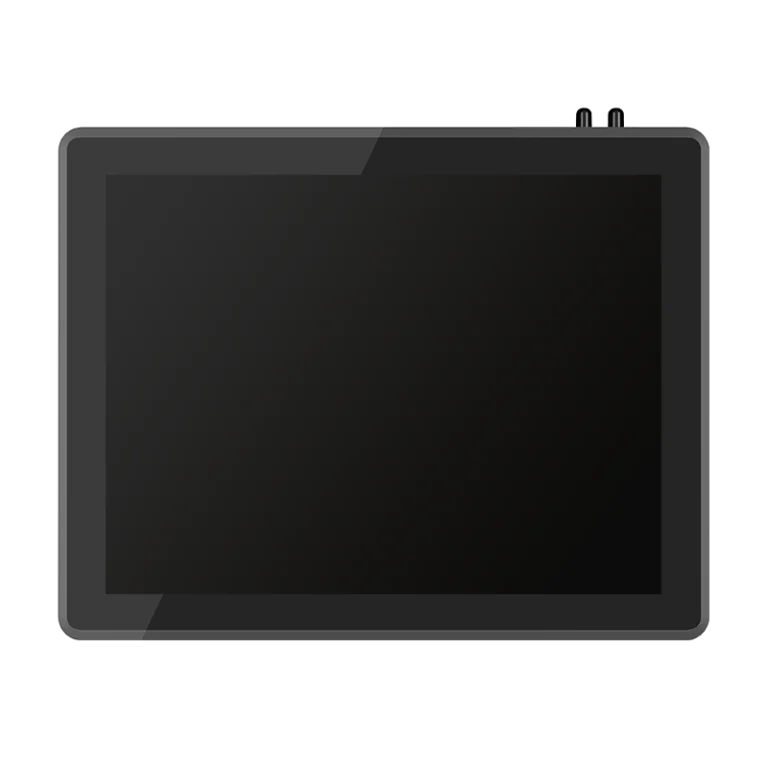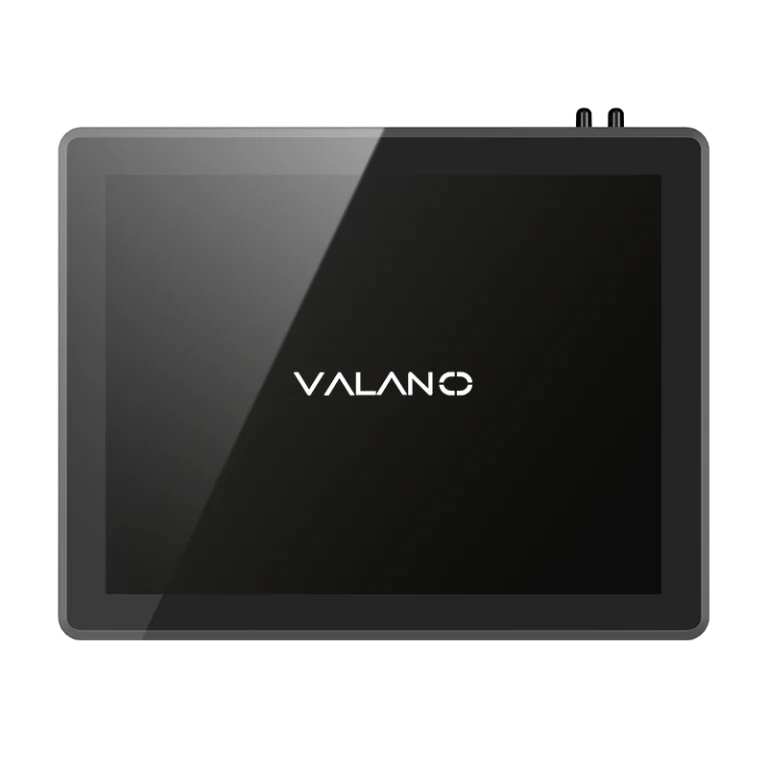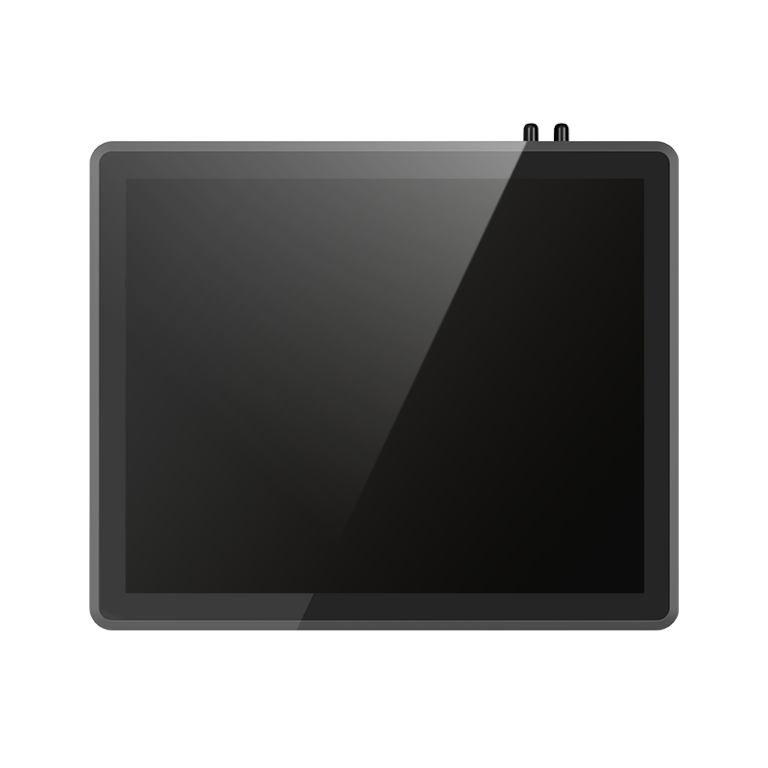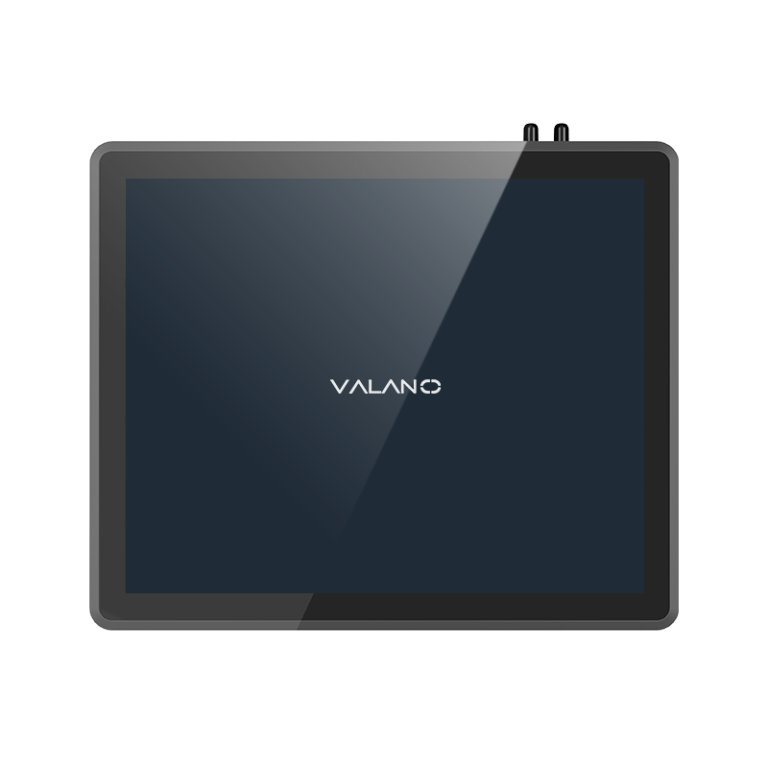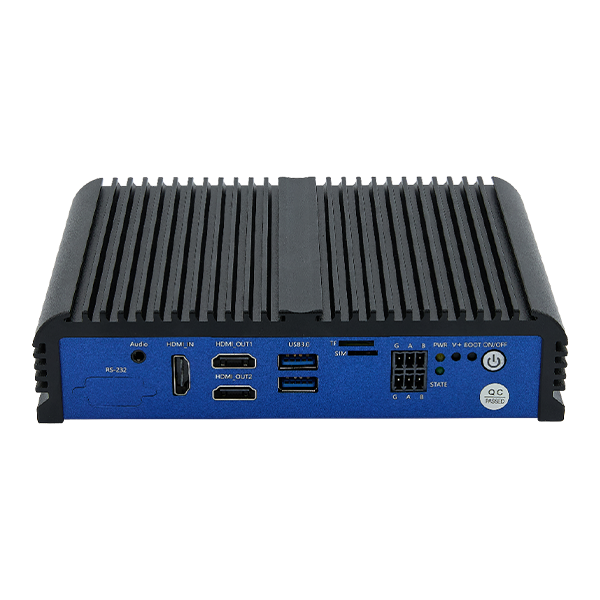
The IP65 rating is a globally recognized standard for device protection. It indicates how effectively a device is shielded from dust and water. Specifically, devices rated as IP65 are dust-tight and can withstand water sprays from any direction. This makes them an ideal choice for use in environments with frequent exposure to dust or water. For instance, IP65-rated devices undergo rigorous testing, where they must withstand water flow at 12.7 liters per minute for more than three minutes without letting water seep inside. This ensures that the internal components remain protected and dry, even in challenging conditions.
Key Takeaways
-
The IP65 rating means a device keeps out all dust. It can also handle light water sprays, making it good for outdoor use.
-
Knowing the IP Code helps you pick the right device. The first number shows dust protection, and the second shows water resistance.
-
IP65 devices work well in many industries like cars and food. They are strong against dust and water sprays.
-
IP65 devices can handle water sprays but are not waterproof. For underwater use, pick devices with higher ratings like IP67 or IP68.
-
Picking the right IP rating is very important. Check your environment and choose a device that fits your needs.
Understanding the IP65 Rating
What is the IP Code?
The IP Code, or ingress protection code, is a global standard. It shows how well devices are protected from dust and water. The code has two numbers to explain protection levels. The first number tells how much it blocks solid things like dust. The second number shows how much it resists water. For example, in IP65, “6” means no dust can get inside. The “5” means it can handle low-pressure water sprays from any side.
This system helps industries use the same rules for device safety. It makes it simple to know how strong and safe devices are. The IP Code is used worldwide for electrical devices. It ensures they meet safety and performance rules. Knowing this code helps you pick the right device for your needs.
How does the IP65 rating ensure protection?
The IP65 rating gives strong protection from both dust and water. Devices with this rating stop all dust from entering their parts. This keeps electronics working well in dusty places. The “5” means it can handle water sprays at 12.5 liters per minute. The water comes from a nozzle that is 6.3 mm wide. This means IP65 devices are safe to use outside or in wet areas.
For example, labs test and certify devices like the EV6000 UV Lamp and ST700 UV Lamp. These devices meet strict rules for dust and water safety. When you buy an IP65-rated product, you know it works well in tough conditions.
Why is the IP65 rating important for device classification?
The IP65 rating helps sort devices by how strong and durable they are. It helps people find products that work in rough places. Devices with this rating are great for factories, outdoor use, and dusty or wet areas. By learning about the IP65 rating, you can choose devices that fit your needs.
This rating also supports new ideas and global standards. The IP65 rating follows international rules, so devices are tested the same way everywhere. This makes it easy to compare products and pick the best one. Whether you need lights, enclosures, or tools, the IP65 rating shows quality and reliability.
Breaking Down the IP65 Rating
What does the first digit (‘6’) mean in IP65?
The first number in IP65 shows how it blocks dust. A “6” is the best score for keeping out solid particles. It means no dust can get inside the device. This is very important for tools used in dusty places like factories or building sites.
Here’s what “6” means, explained simply:
| Source | Explanation |
|---|---|
| Transtector | The “6” means the device is fully sealed against dust. |
| OnLogic | A “6” shows it blocks all dust from entering. |
| Linak | The “6” ensures no dust or accidental contact can get inside. |
This strong dust protection keeps the device safe inside. It helps the device last longer and work better.
What does the second digit (‘5’) mean in IP65?
The second number in IP65 shows how it handles water. A “5” means it can resist water sprays from any direction. This makes it good for outdoor use where rain or light water sprays happen.
For example, an IP65 device can handle water jets at 12.5 liters per minute. The water comes from a nozzle that is 6.3 mm wide. This protection keeps the device working in wet places, but it’s not fully waterproof. Knowing this helps you pick the right device.
How does IP65 compare to higher ratings like IP69K?
While the IP65 rating offers substantial protection, other ratings are designed for more extreme conditions. Here’s a comparison of IP65 and higher-rated devices, showcasing their different levels of protection:
| Rating | Protection Level | Description |
|---|---|---|
| IP65 | Low-pressure water jets | Blocks water sprays from all sides with little water getting in. |
| IP66 | Strong jets | Handles stronger water sprays with little water getting inside. |
| IP67 | Immersion | Protects when underwater up to 1 meter for 30 minutes. |
| IP68 | Continuous submersion | Works underwater for long periods under certain conditions. |
| IP69K | High-pressure wash-downs | Blocks high-pressure, hot water sprays with no water getting inside. |
IP65 works well for most outdoor and work uses. But IP69K is better for tough jobs like cleaning in food factories.
Applications of IP65 Rated Devices
Common industries and environments for IP65 devices
IP65-rated devices are essential for various industries, offering protection against dust and water, ensuring reliable performance in tough environments. Notably, industrial computers with an IP65 rating are often used in manufacturing plants, food processing facilities, and energy sectors, where dust and moisture can interfere with regular operations.
Examples of IP65-rated devices in use
You can see IP65 devices in many places. Outdoor lights, like garden and streetlights, often have IP65 ratings. They resist rain, dust, and weather changes. Solar lights with IP65 ratings work well in places with bad weather, like Ireland.
In factories, IP65 enclosures keep electronics safe from dust and water. These enclosures help machines run without stopping. Handheld UV lamps with IP65 ratings are used in labs. They are dustproof and water-resistant, making them great for inspections.
Benefits of IP65 in industrial and outdoor settings
IP65 devices have many benefits for outdoor and work areas. Here are some key points:
-
They block dust and water, working well in tough places.
-
Weatherproof designs make them perfect for outdoor lights.
-
Dustproof and waterproof features help devices last longer.
-
IP65 stops water sprays, so they work in wet areas.
These features make IP65 devices a top choice for outdoor and work uses. They are strong, reliable, and handle tough conditions easily.
Limitations and Misconceptions About IP65
Is IP65 waterproof or just water-resistant?
Knowing this difference helps you use IP65 devices correctly. They protect well against water sprays but are not made for full waterproofing.
While IP65 devices are highly water-resistant, they are not designed for full waterproofing. These devices can withstand light to moderate water sprays but are not meant to be submerged in water for extended periods. For instance, IP65-rated devices can endure water jets at a pressure of 30 kg/cm² from a distance of 3 meters for up to 15 minutes without any damage. However, if exposed to prolonged submersion, they may fail. For underwater applications, consider devices with higher ratings, such as IP67 or IP68, which offer enhanced waterproof protection.
Why are not all IP65-rated devices equally protected?
Not all IP65 devices are equally strong. Design and materials affect how durable they are. The IP rating shows protection levels, but quality can vary. For example:
-
Some devices have better seals to block environmental damage.
-
Others meet IP65 rules but may fail in extreme conditions.
Pick an IP65 device based on your needs. A factory enclosure may differ from outdoor lighting. Always check the design and purpose to ensure it works for you.
Choosing the Right IP Rating for Your Needs
Why does the IP rating matter for specific applications?
The IP rating is important to keep devices working well. It shows how much a product can block dust and water. For example, outdoor devices like streetlights need protection from rain and dust. In food factories, equipment may need higher ratings like IP69K. This helps them handle strong cleaning sprays and chemicals.
You should also know the difference between IP and NEMA ratings. IP ratings focus on keeping out dust and water. NEMA ratings include extra features like stopping rust and handling ice. Comparing these helps you pick the right device for tough environments.
How to avoid under-engineering or over-engineering?
Picking the wrong IP rating can cause problems. A low rating might fail in harsh places. For example, using an IP65 device underwater can cause damage. But choosing a higher rating than needed can waste money.
To avoid this, check where the device will be used. Think about dust, water, and temperature changes. For example, if it only gets light splashes, IP65 is enough. For underwater use, pick IP67 or higher.
Tips for selecting the right IP-rated device
Here are some tips to choose the right IP-rated device:
-
Know your environment: Check if the device faces dust, water, or heat.
-
Match the rating to your needs: Use the IP rating chart to find the right level. For example:
Ingress Protection
First Digit: Solids Protection
Second Digit: Liquids Protection
IP
6
7
-
Think about long-term use: Higher ratings like IP69K last longer in tough places.
-
Ask experts if unsure: Get advice to avoid picking the wrong device.
By following these tips, your device will work well and save money.
Conclusion
IP65-rated devices keep out dust and light water sprays. They are great for outdoor and work use where strength is needed. But, it’s important to know their limits. IP65 can handle water sprays but not being underwater. This knowledge helps you use them safely and avoid harm.
Picking the right IP rating helps your device work better and last longer. Always check what you need and choose the right rating for the best results.
FAQ
1. What does the IP65 rating mean?
The IP65 rating means a device is completely dust-tight and protected against low-pressure water jets from any direction. “IP” stands for “Ingress Protection,” where the first digit (6) indicates full dust protection, and the second digit (5) represents water resistance. An IP65-rated device is ideal for environments with dust, rain, or light splashing.
2. Is an IP65 rating waterproof?
Yes, an IP65-rated device is waterproof against low-pressure water jets. It resists rain, splashes, and brief water exposure, ensuring that no water enters the internal components. You can safely use IP65 industrial computers or outdoor equipment in humid or rainy conditions without risk of moisture damage.
3. Is IP65 explosion-proof?
No, IP65 is not explosion-proof. The IP65 rating only defines protection against dust and water, not against flammable gases or explosive environments. If explosion protection is required, the device must meet specific ATEX or IECEx certification standards designed for hazardous locations.
4. Where are IP65-rated computers used?
You can use IP65-rated computers in outdoor, industrial, and logistics environments where dust and moisture are present. They are commonly applied in automation systems, warehouses, and transportation facilities to maintain reliability and efficiency under challenging conditions.


